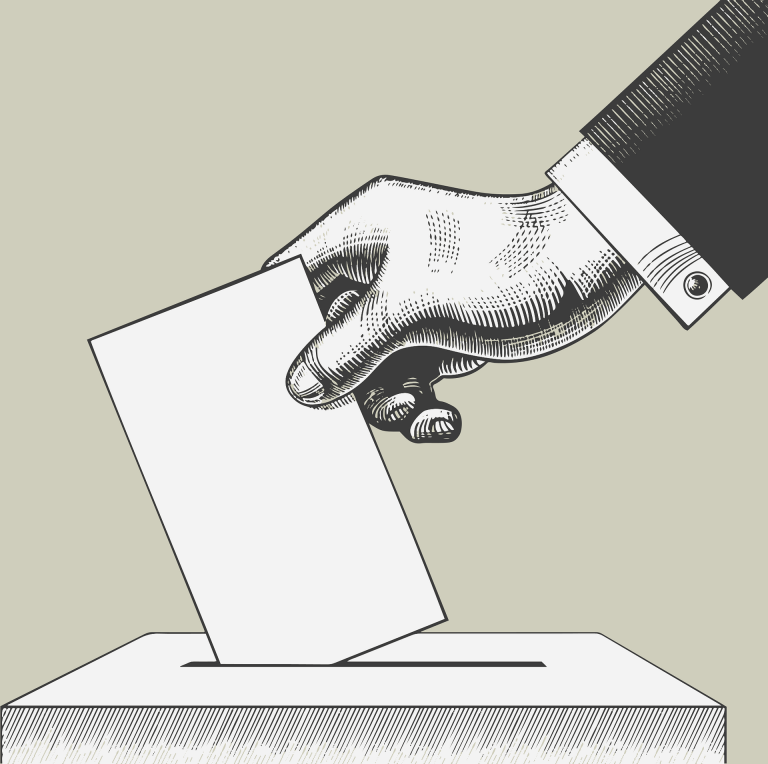Who should pick party leaders: MPs, members or a wider public?
17 June 2019, 6:00 pm–7:30 pm

With around 100,000 grassroots Conservatives set to choose the next Prime Minister, how UK political parties select their leaders is again a hot topic.
Event Information
Open to
- All
Availability
- Yes
Organiser
-
Edd Rowe+442076794977
Location
-
Council RoomRubin Building29/30 Tavistock SquareLondonWC1H 9QUUnited Kingdom
With around 100,000 grassroots Conservatives set to choose the next Prime Minister, how UK political parties select their leaders is again a hot topic. Meanwhile grassroots Labour members and 'supporters' have twice chosen Jeremy Corbyn as leader in recent years, against the wishes of Labour MPs. To what extent do these episodes show up tensions between internal party democracy and broader representative democracy, and how are such tensions best resolved? As party members are far from a cross-section of society, can and should they be trusted to pick leaders with wider appeal? Should parties further widen their selectorates, or would doing so risk a damaging loss of control? What role should MPs, who often know the candidates best and must work closely with them, play compared to other groups?
This seminar brings together four experts on all the main political parties to discuss their different strategies for trying to resolve these dilemmas: Tim Bale and Paul Webb have been leading the ESRC Party Members project, Jess Garland is an expert on extending leadership voting rights in the Labour party, and Mark Pack is an expert on the Lib Dems, and editor of Liberal Democrat Newswire.
Speakers
Professor Tim Bale, Professor of Politics, Queen Mary University
Professor Paul Webb, Professor of Politics, Sussex European Institute, University of Sussex
Dr Jess Garland, Director of Policy and Research, the Electoral Reform Society
Dr Mark Pack - Former Head of Innovations at the Liberal Democrats
Chair - Professor Meg Russell, Director of the Constitution Unit
 Close
Close

